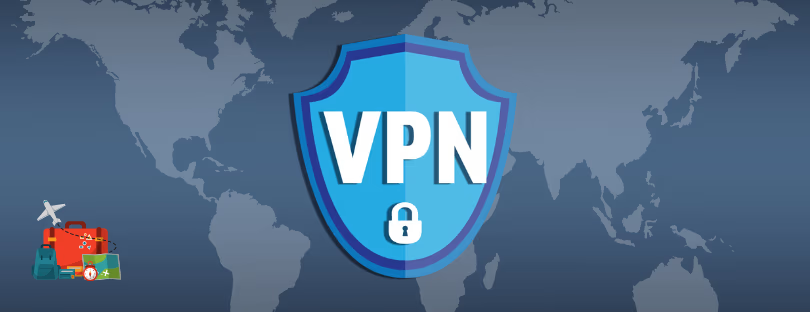Alertify
1w
153

Image Credit: Alertify
The Ultimate Guide to Using a VPN for Safe Internet While Traveling
- Traveling can expose you to unsecured public Wi-Fi networks, making a VPN essential for protecting personal data from hackers and data thieves.
- Benefits of using a VPN while traveling include safeguarding personal information, accessing blocked websites, avoiding price discrimination, staying anonymous online, and securing remote work connections.
- Key features to consider when choosing a VPN for travel include strong security and encryption, fast speeds, compatibility in restricted countries, user-friendly apps, multi-device support, affordability, and money-back guarantees.
- Top VPNs for travelers include ExpressVPN, NordVPN, Surfshark, ProtonVPN, and CyberGhost, each offering different strengths in speed, security, affordability, and features.
- Using a VPN while traveling involves selecting a suitable VPN service, installing the app on your devices, connecting to a server, enabling security features, and browsing safely without concerns of hacking, snooping, or geo-blocks.
- Common VPN issues such as slow connections, connection failures, streaming service blocks, and VPN restrictions in certain countries can be addressed by adjusting server locations, protocols, and troubleshooting steps.
- Setting up a VPN for travel is worth it as it ensures online safety, access to restricted content, and better online deals, providing peace of mind during your adventures.
- Using a VPN is a simple and effective way to ensure your data is secure while traveling, offering protection and access to various online services and content.
Read Full Article
9 Likes
For uninterrupted reading, download the app